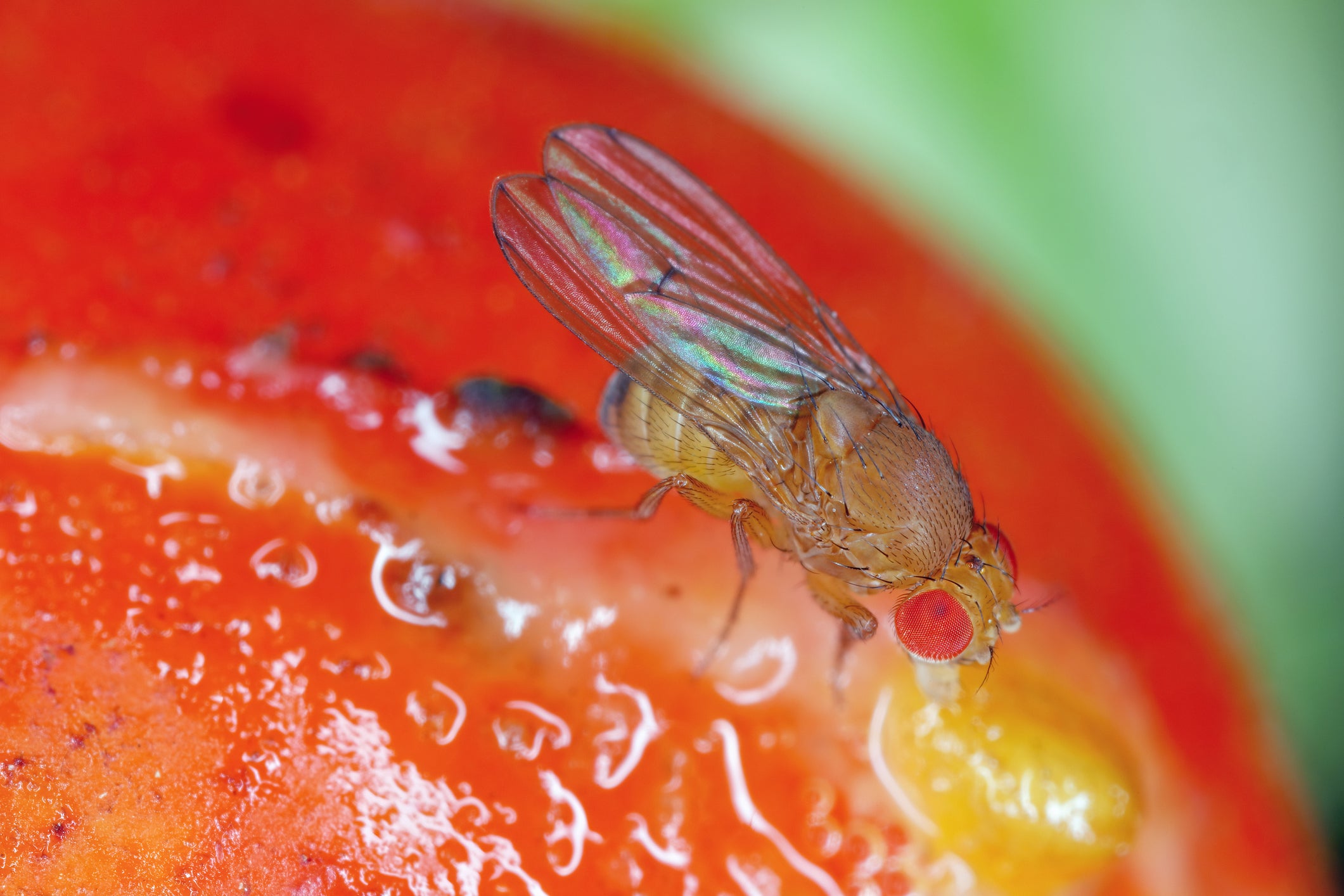Drunk animals far more common than previously thought, scientists say
Scientists are ‘moving away from this anthropocentric view that ethanol is just something that humans use’

Your support helps us to tell the story
From reproductive rights to climate change to Big Tech, The Independent is on the ground when the story is developing. Whether it's investigating the financials of Elon Musk's pro-Trump PAC or producing our latest documentary, 'The A Word', which shines a light on the American women fighting for reproductive rights, we know how important it is to parse out the facts from the messaging.
At such a critical moment in US history, we need reporters on the ground. Your donation allows us to keep sending journalists to speak to both sides of the story.
The Independent is trusted by Americans across the entire political spectrum. And unlike many other quality news outlets, we choose not to lock Americans out of our reporting and analysis with paywalls. We believe quality journalism should be available to everyone, paid for by those who can afford it.
Your support makes all the difference.Drinking alcohol may be far less of a human characteristic than previously thought, according to a new scientific paper arguing that ethanol consumption is widespread in the animal kingdom.
While stories of wild animals behaving in a drunken fashion after eating fermented fruits frequently make headlines, such behaviour is mostly assumed to be rare and accidental.
However ecologists have challenged this “anthropocentric” view in a new review of scientific papers, published in the Trends in Ecology & Evolution journal.
They argue that since ethanol is naturally present in nearly every ecosystem, it is likely consumed on a regular basis by most animals that eat fruit and nectar, and
The researchers found a “diverse coterie” of species previously noted by scientists to have adapted to – rather than avoided – ethanol in their diets, from chimpanzees to treeshrews, and concluded that ethanol “has shaped the evolution of many species and structured symbiotic relationships among organisms”.
“We’re moving away from this anthropocentric view that ethanol is just something that humans use,” said Dr Kimberley Hockings, a behavioral ecologist at the University of Exeter. “It’s much more abundant in the natural world than we previously thought, and most animals that eat sugary fruits are going to be exposed to some level of ethanol.”
Ethanol first became abundant around 100 million years ago, when flowering plants began producing sugary nectar and fruits that yeast could ferment. Naturally fermented fruits typically only reach 1 to 2 per cent alcohol by volume (ABV), but concentrations as high as 10.2 per cent ABV have been found in over-ripe palm fruit.
While animals had already harboured genes capable of metabolising ethanol before yeasts began producing it, there is evidence that evolution has since fine-tuned this ability for mammals and birds that consume fruit and nectar, the scientists said.

“From an ecological perspective, it is not advantageous to be inebriated as you’re climbing around in the trees or surrounded by predators at night – that’s a recipe for not having your genes passed on,” said Matthew Carrigan, a molecular ecologist at the College of Central Florida.
“It’s the opposite of humans who want to get intoxicated but don’t really want the calories – from the non-human perspective, the animals want the calories but not the inebriation.”
However the researchers said that ethanol consumption could carry several benefits for wild animals. In addition to being a source of calories, ethanol could also have medicinal benefits, the scientists said.
They pointed to fruit flies intentionally laying their eggs in substances containing ethanol, which protects their eggs from parasites, and fruit fly larvae increasing their ethanol intake when they become parasitised by wasps.
“On the cognitive side, ideas have been put forward that ethanol can trigger the endorphin and dopamine system, which leads to feelings of relaxation that could have benefits in terms of sociality,” said Anna Bowland, a behavioral ecologist at the University of Exeter.
“To test that, we’d really need to know if ethanol is producing a physiological response in the wild.”
However some cases in insects appeared to point to a social link with ethanol consumption. In one 2012 study, male fruit flies were found to increase their alcohol consumption after being rejected by a mate, while females of a cloesly-related species were found to be less selective in their choice of mate after consuming ethanol.
And in another theory first proposed in 2014, known as the the “drunken monkey” hypothesis, Berkeley biologist Professor Robert Dudley posited that humans’ taste for alcohol dates back millions of years to when primates discovered that the smell of ethanol led them to ripe, fermenting and nutritious fruit.
While he was unable to provide evidence on whether monkeys and apes actually sought out fermented fruits or digested the alcohol, a further study in 2022 of black-handed spider monkeys in Panama suggested that these primates routinely sought out jobo tree fruits which were ripe enough to contain alcohol.
Join our commenting forum
Join thought-provoking conversations, follow other Independent readers and see their replies
Comments